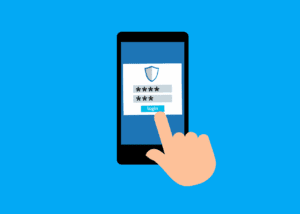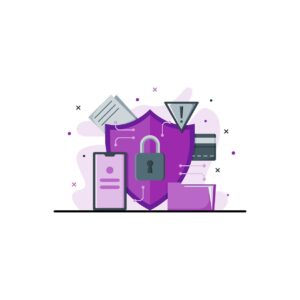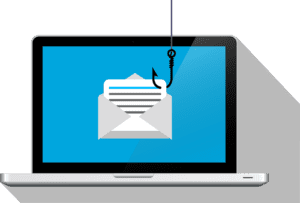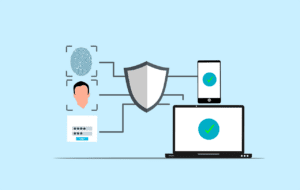As a trusted IT support company in Central Florida, we recognize the importance of data privacy in today’s digital landscape. Websites collect and use user data to personalize content, improve user experience, and target advertisements. This article explores how websites utilize your data, the best practices for data sharing, and why data privacy is crucial.
What Is Data Collection On Websites?
Websites frequently gather user data, which helps them understand user behavior and preferences. Data collection methods include:
- Cookies: These small files store user information on their devices, allowing websites to remember users on subsequent visits.
- User Activity: Data such as clicks, scrolling behavior, and form submissions provide insights into user engagement.
Websites typically collect two main types of information:
- First-party data: This data comes directly from users through interactions with the website, such as browsing history and purchase records.
- Third-party data: This data is obtained from external sources, including demographic information from advertising platforms.
Understanding how this data is collected and utilized is vital for maintaining user trust and ensuring compliance with data privacy regulations.
How Does Data Sharing Work?
Data sharing involves making information accessible to other users or systems. Businesses often use methods such as:
- File Transfer Protocol (FTP): A standard network protocol used to transfer files between client and server.
- Application Programming Interfaces (APIs): These allow different software applications to communicate and share data in real-time.
- Cloud Services: Centralized platforms that enable users to access shared data securely.
While data sharing can enhance collaboration, it also comes with inherent privacy risks that must be managed effectively.
Challenges In Data Sharing
Protecting sensitive information during data sharing is a major challenge. To ensure security, organizations should:
- Implement strong encryption methods for data protection.
- Utilize access controls to restrict data access to authorized users.
- Comply with privacy laws like GDPR and CCPA to ensure user consent and transparency in data handling.
Establishing clear data governance policies can help mitigate risks and enhance user confidence.
How Should Websites Manage User Data?
Effective management of user data is essential for compliance and building trust. Here are some best practices:
- Transparency and Consent: Clearly communicate how user data is collected and utilized, giving users the option to opt-in or opt-out.
- Data Minimization: Only collect necessary data to reduce the risk of breaches and simplify compliance.
- Secure Data Storage: Use encryption to protect data both at rest and in transit, alongside regular security audits.
- User Control: Empower users with tools to manage their data preferences, including options to download or delete personal information.
Why Is Data Privacy Important?
Data privacy is a fundamental right, ensuring individuals control their personal information. Organizations must implement robust processes to safeguard user data and comply with regulations. Non-compliance can result in severe penalties, making it critical for businesses to prioritize data privacy frameworks.
Ensuring Compliance
Ongoing efforts are necessary to maintain compliance with data privacy laws, including:
- Regularly reviewing and updating privacy policies.
- Conducting security audits to identify vulnerabilities.
- Keeping detailed records of data processing activities.
Building Trust Through Transparency
Transparency fosters trust with users. Websites should provide clear information on how personal data is used and allow users easy options to manage their consent.
How Can Users Protect Their Data?
Users can take proactive steps to safeguard their data online:
- Use privacy-focused browsers and extensions to block tracking.
- Be cautious about sharing personal information and regularly review privacy settings.
- Familiarize themselves with data collection policies of websites they visit.
Tools For Data Protection
Numerous tools can help users maintain data security:
- VPNs to mask IP addresses and encrypt internet traffic.
- Password managers to keep login credentials secure.
- Regular software updates and strong passwords are essential for online safety.
Take Action to Protect Your Data
If you’re concerned about how your data is being used, it’s crucial to take action. As a leading IT services company in Central Florida, we specialize in helping individuals and businesses navigate the complexities of data privacy. Contact us today to learn how we can support you in securing your data and ensuring a safer online experience.











